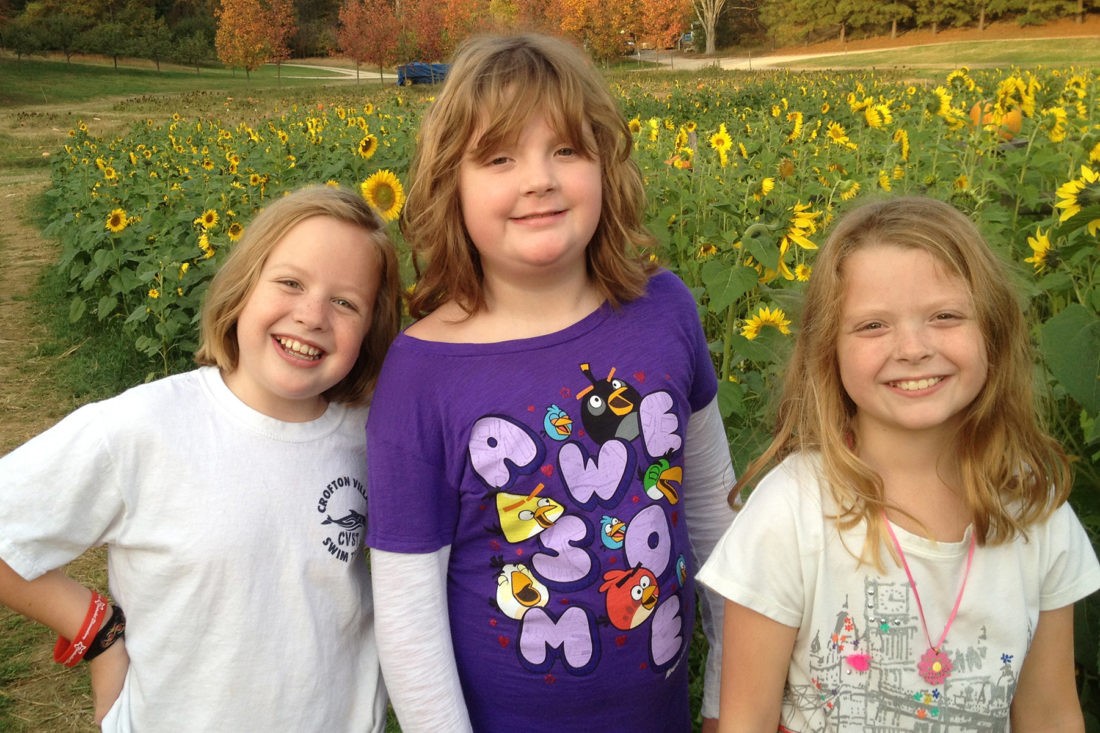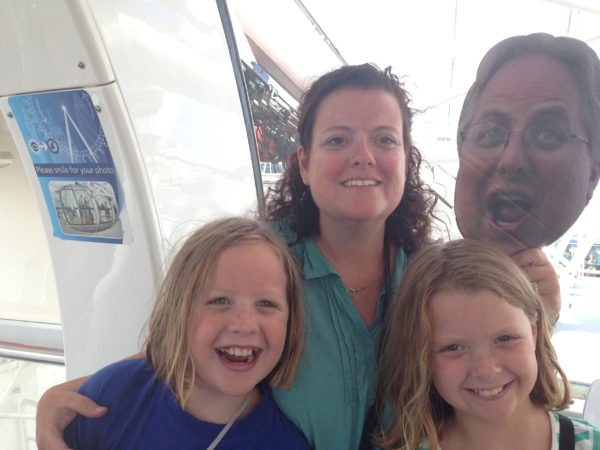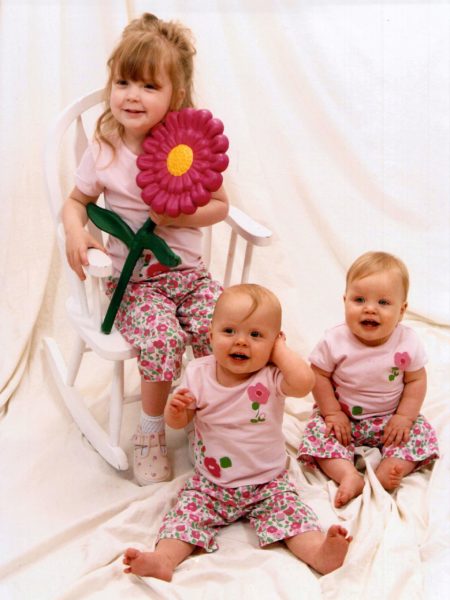Full Story
A Big Win
by a TACA Mom

All contents of this resource were created for informational purposes only and are not intended to be a substitute for professional advice, diagnosis, or treatment. Always seek the advice of your physician, therapist, or other qualified health providers with any questions or concerns you may have.
There’s more than one way to win over autism. I would love to be writing my daughter’s recovery story, with autism as an interlude instead of a fact of her daily life. Ten years in, Leah still has autism. The victories I occasionally feel like celebrating belong to our family.
Our wins haven’t been big or dramatic, and they’re often acknowledged in hindsight. The most recent one happened just before school started, when summer schedules forced me to take Leah to her sisters’ fifth grade open house. On our way back to the car, it hit me: My daughter with autism had just waited quietly in a crush of wound-up children and their parents, all eager to find out their teacher assignments for the coming year. Outside. In August heat. Then she’d sat calmly at an empty desk – aided this time by my iPhone – and waited some more while her sisters checked out their new classroom. Leah kept it together; they participated in a much-anticipated activity without a glance in her direction.
Considering where we started, I might even call that a big win.
Leah was not quite three and a week away from her autism diagnosis when her sisters were born. She did not greet twin babies with enthusiasm; she was far more enthralled by the plastic pitcher in my hospital room. The indifference worried me, but not as much as the aggression that began when the twins started walking. On a good day, Leah ignored them. On a bad one, she used pushing and hitting to get them out of her way, or to provoke a response from me.
I’d think to myself, “They’re going to hate her.”
That possibility scared me as much as the diagnosis of autism did. I was never naïve enough to believe I could (or should) give my kids a perfect childhood. However, I would much rather the twins’ future complaints revolve around unfair discipline instead of feeling undervalued compared to their sister. On the day of Leah’s diagnosis, amidst all of my fears for her, I could not fathom how to raise two more children without marginalizing them.
In the early days, Leah was not good at waiting, or taking turns, or sharing, or relating to anyone other than her parents. Raising all three felt like a constant push-pull between Leah’s needs and those of her sisters. The choices were sometimes impossible. I learned the hard way which child must always be secured first in our minivan when Leah decided it was time to run for the park, with one twin strapped in the car and the other in her carrier on the front doorstep.
(Pop quiz for autism parents: Do you take off after the running child first, leaving the baby in front of the house, or do you secure the baby before you try to find the escape artist?)
Clearly our coping skills needed work along with Leah’s.
As we’ve sought progress for Leah, we’ve found ways for our family to progress, too. Leah’s autism inevitably constrains our family at times, but we do our best not to let it become our family’s sole focus. That started early, with holding Leah accountable for behavior. The pushing and hitting when the twins started walking? Unacceptable. Crimes against siblings or their property equal consequences, no matter what feelings she can’t articulate or how much sensory overload she experiences. Consequences are not always convenient and battles can be epic. On bad days, I tell myself that standing up for the twins reminds everyone that they matter, too.
Lauren and Maddie have been on the sidelines, in the waiting rooms, and amusing themselves in doctors’ offices as we’ve pursued multiple avenues of help for Leah. Biomedical treatment has never given us dramatic wows, but small, steady improvements keep us going. (Newly diagnosed Leah would have lasted about five seconds at that school open house.) I admit it: Sometimes I’ve tweaked my treatment to-do list after considering the toll frequent appointments or long distances would take on Leah’s sisters.
We’ve also had to learn when it’s best to divide and conquer. I took the twins on a dream trip to Europe over the summer, visiting family in Germany and my old home in England. Believe it or not, I’d put off thinking about it for a year or two, because I struggled to come to terms with reality: Leah is not wired for overseas travel, which would mean leaving my husband behind with her. That part was hard, for him and for me, but Lauren and Maddie deserved the chance to go, as much as Leah deserved to be happy in her comfort zone.
Lauren and Maddie added one more activity to their repertoire a few years ago: Speaking up. They gave their first presentation about sibling issues at age 7. When they talk, I encourage them, I help them shape their ideas, but I don’t censor them. They have talked about tantrums and bad taste in television to adults at support group meetings and to auditoriums of high school freshmen. I’d rather let them acknowledge that autism is rough for them sometimes than force them to pretend everything’s always OK. At the same time, I’m thankful they’re too young to remember the worst of the poop stories.
We’re also lucky to live in a supportive community, where more people listen to Lauren and Maddie’s stories with interest and compassion than not. They show zero self-consciousness when they’re in public with Leah. With middle school on the horizon, that could change soon. But at the moment, I’m allowing myself to imagine their adolescence as a time when, as far as they’re concerned, the most embarrassing member of our family is me. That would truly be a victory.


